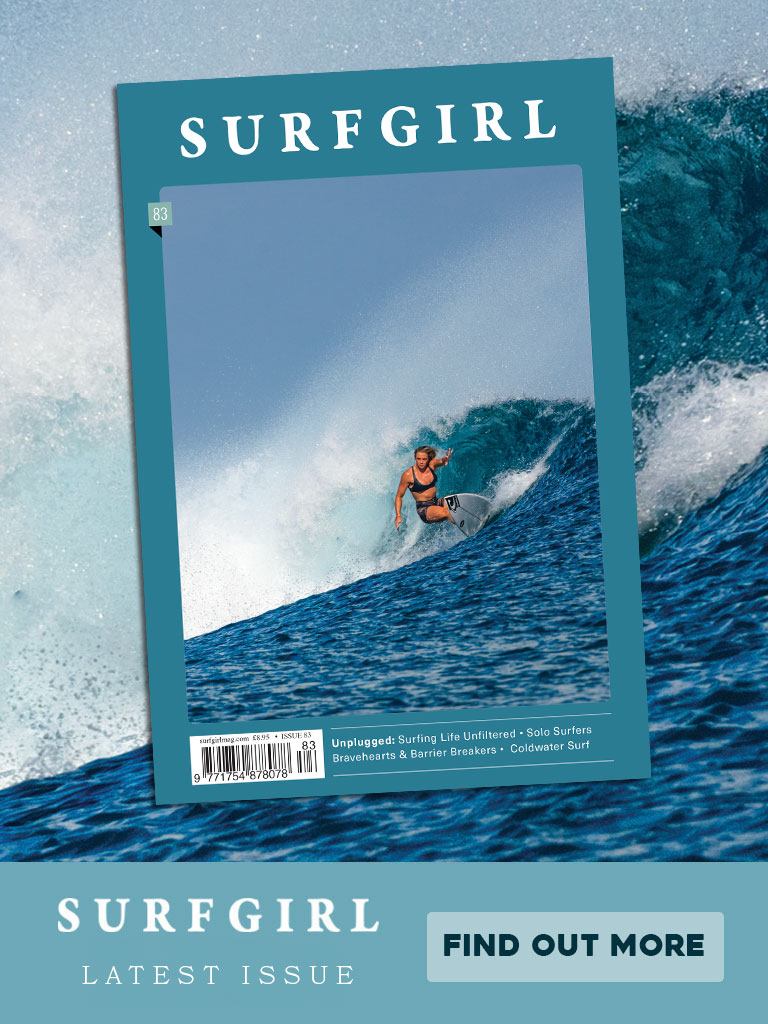
Above: Short-beaked Common Dolphins frolicing a short distance off of the coastline.
The world’s oceans are home to countless species, from the tiniest plankton to the greatest whales. And marine life around the coast of the British Isles is as colourful and fascinating as that found anywhere else in the world, with bright blue lobsters, jewel-like anemones, pink sea fans and giant basking sharks to name just a few.
Yet this marine life, and the sea on which so many people depend, is under threat from pollution, over-fishing and other damaging activities. And, because the sea is vast and hides its ills well, it remains largely unprotected. You may not know, for example, that:
• During its annual Great British Beach Clean in September this year, MCS volunteers picked up nearly 270,000 individual pieces of litter in just one weekend.
• There has been a 7-fold increase in the number of wet wipes clogging up our sewers and spilling on to our beaches.
• Many hundreds of dolphins and porpoises wash up on our beaches each year, killed as ‘bycatch’ in some fisheries.

Rubbish strewn across the beach is unfortunately a common sight. Photo: Nastasha Ewins
The Marine Conservation Society (MCS) is the UK charity dedicated to protecting our seas, shores and wildlife. It grew from the hard work and forward-thinking of a great number of people in the early 1970s when there was a growing awareness about the state of our seas; and many of these people still actively support us today.
Over the years, MCS has achieved major successes in protecting special wildlife, tackling sewage problems, helping the seafood-buying public, and influencing Government and industry.
As a charity of limited resources, MCS has a huge cause to get behind – campaigning for clean seas and beaches, sustainable fisheries, protection of marine life and their habitats, and the sensitive use of our marine resources for future generations.
There are many ways that you can help MCS protect our seas and wildlife. You could help out at a beach clean, take part in a fundraising ‘challenge’ event or simply support one of our campaigns. One way in which your support can really make a difference is by becoming a member of MCS. From as little as £3.50 a month, you will be helping us to be a voice for our seas and make a vital contribution to our work. In return you will receive a welcome pack with eco cotton bag, pin badge, car sticker and other goodies, plus our quarterly ‘Marine Conservation’ magazine.
To join is easy, simply go to www.mcsuk.org/join and sign up.

Above: MCS volunteers on a beach clean.
Wildlife around the UK coast
Here are just some of the UK’s amazing wildlife that can be seen around our coast.
Basking shark – Cetorhinus maximus
Fantastic gentle giant, the most obvious British shark when it appears close inshore to wow holidaymakers. Eats plankton
Where to spot: Usually off western coasts, at the sea’s surface
Unusual fact: the basking shark swallows the equivalent of two Olympic-size swimming pools of seawater every hour when feeding!
Bottlenose dolphin – Tursiops truncatus
A lively grey dolphin found around the world, some of the largest specimens are found around the UK.
Distinguishing marks: Rather uniform in colour, but head and body shape distinctive. 3-4m
Where to spot: A resident pod in the Moray Firth gives a regular, spectacular sight. Occasional elsewhere.
Unusual fact: Can live up to 50 years and more.
Pink Sea Fan – Eunicella verrucosa
Pink sea fans are formed from a colony of tiny anemone-like polyps and may be a deep pink to white in colour.
Where to spot: Lives on the seabed, but dead specimens can be found on beaches washed up after a storm.
Unusual fact: Taking decades to grow, seafans can be destroyed by heavy fishing gears.

Above: Pink Sea Fan
Leatherback Turtle – Dermochelys coriacea
Enormous, unmistakeable turtle, a dark colour sometimes mottled with white spots.
Where to spot: At the sea’s surface, off Atlantic coasts.
Unusual fact: A rare but regular UK visitor, the biggest ever recorded was found (dead) on Harlech beach – about the size of a small car!
Harbour porpoise – Phocoena phocoena
Small but relatively common, often close inshore. Dark grey, almost black upper body, pale below. Blunt head shape.
Where to spot: look off headlands and clifftops.
Unusual fact: Found in shallow seas but able to dive to more than 200 metres deep
Puffin – Fratercula arctica
So amusing and entertaining, a small bird with a large, brightly coloured bill and squat black and white body.
Where to spot: Orkney and Shetland, Farnes and Pembrokeshire Islands are great places to see.
Unusual fact: Likes to live in burrows, often those vacated by rabbits.

Above: Puffins on Stromer.
Dead man’s fingers – Alcyonium digitatum
Identifying features: Not as spooky as they sound, these are colonies of coral animals which, together, stick out like short fat fingers into the sea.
Where to see: on rocky seabeds.
Unusual fact: Usually found in deeper, dark water, the shade of the pier at Swanage creates their ideal growing conditions.
Grey seal – Halichoerus grypus
Distinctly dog-like face, with a roman nose and visible ears, Bulkier than the common seal, to 2.1 metres.
Where to spot: A resident colony of seals is a well-known visitor attraction.
Unusual fact: Females give birth to their pups in the midst of autumn and winter.
Thrift
Armeria maritima
Also called sea pink, with bright pink flowers on compact green hummocks. Thrives in salty atmospheres on even the meanest of clifftop soils.
Where to see: All around the clifftop grassland in the region, flowering from May to September and beyond.
Unusual fact: Thrift was used as an emblem on the back of the old threepenny-bit – perhaps coining the meaning of “thrifty”.
To join up go to www.mcsuk.org/join and sign up.

Above: Jewelled Anemone. All photos by Jacki Clark unless otherwise stated.
Become a member of MCS for as little as £3.50 and receive:
A fantastic welcome pack with our most recent publications, a cotton ‘bag for life’, car sticker and pin badge.
A Seashore Safari Guide.
Our popular Marine Conservation magazine, four times a year.
An invitation to our annual AGM and Conference.
Regular news and updates about our work.
http://www.mcsuk.org/support_mcs.php/Join+Donate+Adopt/Join+MCS/Join+MCS






